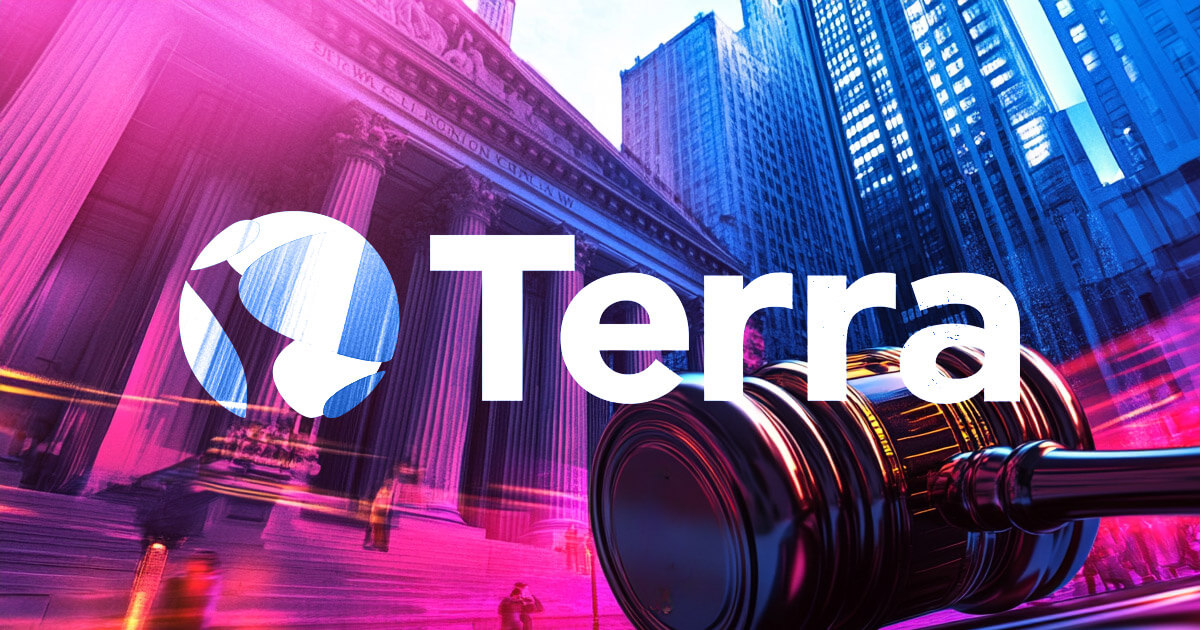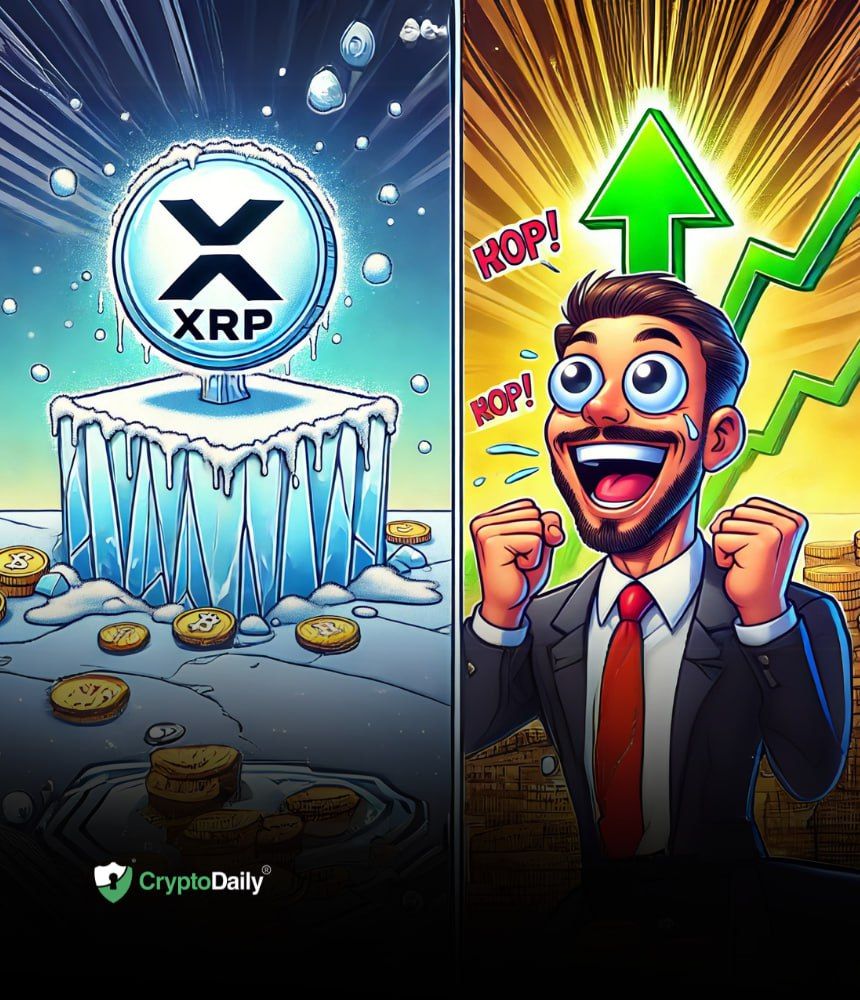Cboe Vice President and Global Head of ETF Listings Rob Marrocco believes crypto ETFs beyond Bitcoin and Ethereum are unlikely until the market and regulatory landscape changes.
Marrocco said during an ETF Store podcast on June 11 that market expectations of a Solana (SOL) and XRP spot ETF are unrealistic in the short term since these cryptocurrencies do not have a futures market, which was a primary factor in the approval of spot Bitcoin and Ethereum ETFs.
He added that this implies the only feasible way to bring a Solana ETF to market would be through a Solana futures ETF first, which would then pave the way for a spot ETF.
Marocco further stated that even if Solana futures ETFs were introduced, they would need to trade for a significant period to establish a track record. However, this process could be prolonged and might take a considerable amount of time to reach fruition.
He emphasized the length of the process, stating that it can “take forever to get to that point.”
Alternative pathway
According to Marrocco, a more expedient approach would be to establish a comprehensive crypto regulatory framework. This framework would delineate what constitutes a security versus a commodity, enabling the SEC to proceed accordingly.
However, this would require legislative action, which could take just as long or longer depending on politicians’ speed and willingness.
Despite the challenges, particularly in an election season, Marrocco suggested that having a clear regulatory framework would be a quicker path compared to waiting for a futures market to develop.
VettaFi editor-in-chief Lara Crigger largely agreed, stating:
“Solana doesn’t have a futures market. There’s less data that the SEC is specifically looking for to show that the market’s large enough and transparent enough to support an ETF.”
Industry experts are split on the matter of Solana ETFs, with JP Morgan and Bloomberg expressing doubt, while Bernstein believes Ethereum ETF approval has paved the path for similar tokens like Solana to get a commodity classification.
FIT21
The regulatory uncertainty in the US is starting to subside as crypto becomes an increasingly important issue for American voters during an election year.
Congress recently passed a new legislative bill on May 22 called “The Financial Innovation and Technology for the 21st Century Act (FIT21).” The bill aims to create a comprehensive regulatory framework for digital assets in an effort to ensure investor protection and market integrity.
FIT21, which passed with strong bipartisan support in the House, establishes clear regulatory responsibilities between the Commodity Futures Trading Commission (CFTC) and the Securities and Exchange Commission (SEC).
Under the act, the CFTC will be given jurisdiction over digital commodities, while the SEC will oversee digital assets offered as part of an investment contract. This delineation is crucial for reducing regulatory overlap and providing clearer guidelines for market participants.
The bill has yet to become law and is currently pending a Senate vote.
Mentioned in this article
Credit: Source link















































